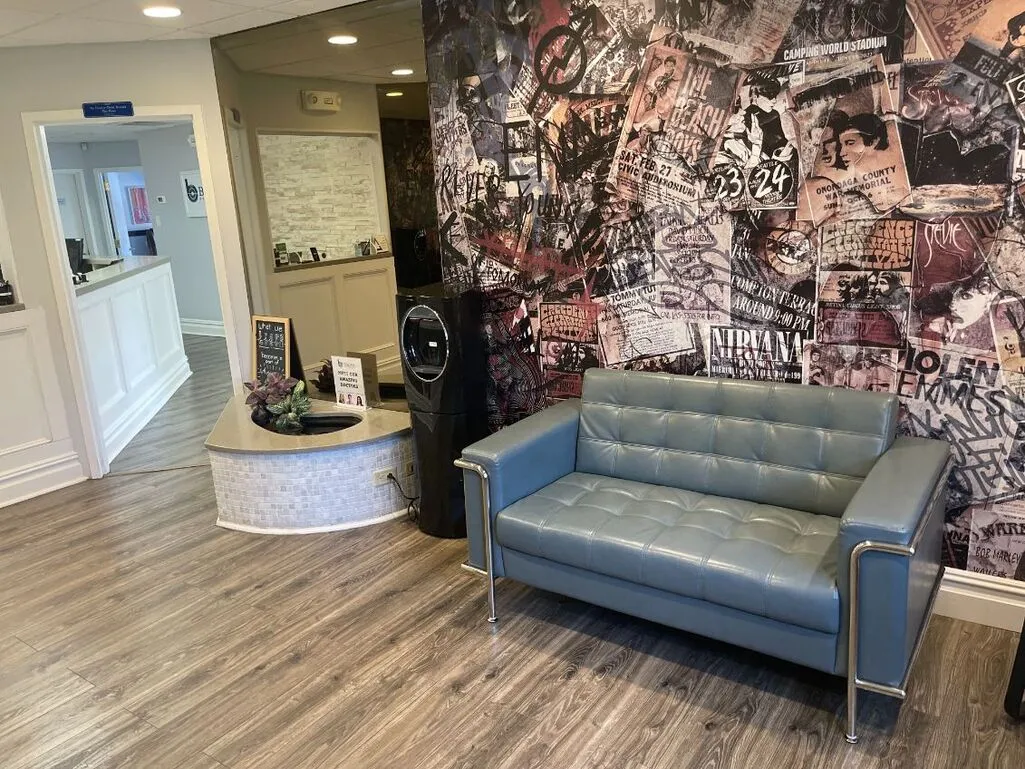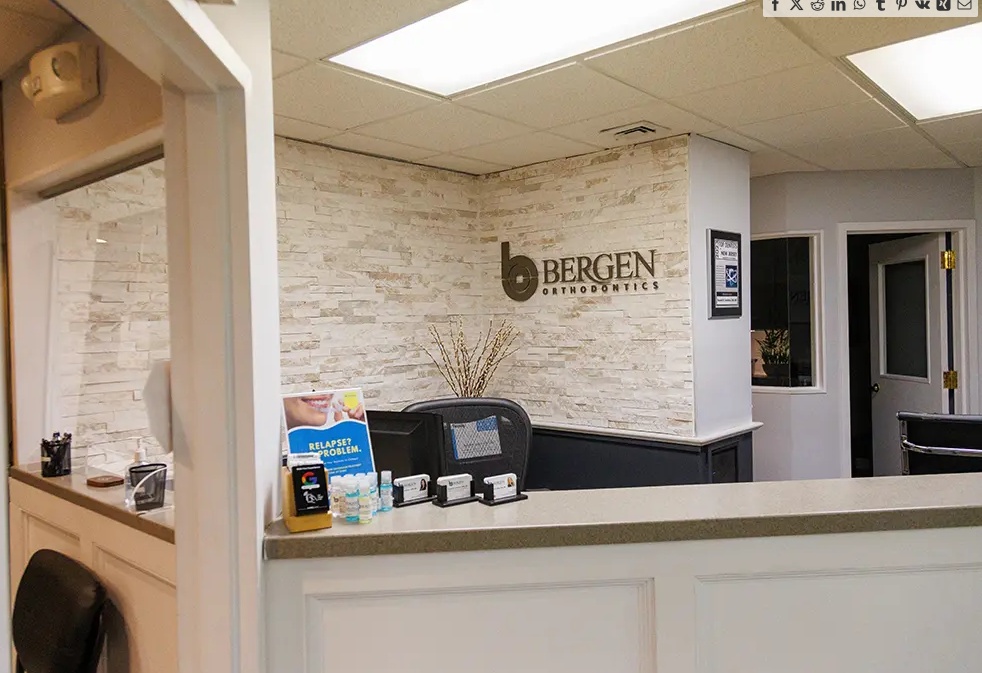Embarking on your orthodontic journey with braces is an exciting step toward achieving a healthier, more beautiful smile. At Bergen Orthodontics, we understand that caring for your braces requires some adjustments to your daily routine. Whether you're a teen or an adult, following these care tips will help ensure successful treatment and a comfortable experience.
Maintaining Oral Hygiene
Proper oral hygiene is crucial when you have braces. Braces create additional nooks and crannies where food particles and plaque can accumulate, increasing the risk of cavities and gum disease. Here are some essential tips for keeping your teeth and braces clean:
Brushing
- Brush After Every Meal: Aim to brush your teeth after every meal to remove food particles and prevent plaque buildup.
- Use a Soft-Bristled Toothbrush: A soft-bristled toothbrush is gentle on your braces while effectively cleaning your teeth.
- Angle Your Brush: Hold your toothbrush at a 45-degree angle to clean around the brackets and wires thoroughly.
- Take Your Time: Spend at least two minutes brushing, making sure to clean all tooth surfaces, including the front, back, and chewing surfaces.
Flossing
- Use Floss Threaders: Floss threaders make it easier to navigate floss around your braces. They help you reach between your teeth and along the gumline.
- Consider Water Flossers: Water flossers are an excellent alternative to traditional flossing. They use a stream of water to clean between teeth and around braces, effectively removing debris and plaque.
Mouthwash
Using a fluoride mouthwash can help strengthen your teeth and prevent cavities. Rinse daily as part of your oral hygiene routine.
Eating with Braces
Certain foods can damage your braces, so it's important to make mindful choices about what you eat. Here are some tips to keep in mind:
Avoid Hard & Sticky Foods
- Hard Foods: Foods like nuts, hard candies, and popcorn can break or dislodge your braces. Avoid these to protect your appliances.
- Sticky Foods: Sticky candies, caramel, and chewing gum can get stuck in your braces and are challenging to clean. It's best to steer clear of these items.
Cut fruits, vegetables, and other hard foods into smaller, bite-sized pieces to make them easier to chew and reduce the risk of damaging your braces.
Opt for Braces-Friendly Foods
- Soft Foods: Foods like yogurt, mashed potatoes, pasta, and smoothies are gentle on your braces and easy to eat.
- Raw Vegetables: While raw vegetables are healthy, they can be tough on braces. Consider steaming or cooking them to soften their texture.
Managing Discomfort
It's normal to experience some discomfort when you first get braces or after adjustments. Here are ways to manage any soreness:
Orthodontic Wax
Orthodontic wax can create a barrier between your braces and the inside of your mouth, preventing irritation and sore spots. Apply a small piece of wax to any areas causing discomfort.
Over-the-Counter Pain Relief
Over-the-counter pain relievers like ibuprofen or acetaminophen can help alleviate discomfort. Follow the dosage instructions on the packaging.
Warm Salt Water Rinses
Rinsing your mouth with warm salt water can reduce inflammation and soothe sore areas. Mix one teaspoon of salt with a cup of warm water and rinse for 30 seconds.
Protecting Your Braces
Taking precautions to protect your braces is crucial for maintaining progress and avoiding unnecessary repairs:
Wear a Mouthguard
If you play sports, wearing a mouthguard is essential to protect your teeth and braces from injury. Choose a mouthguard designed for braces for the best fit and protection. We often recommend Shock Doctor mouthguards because they are tailored to each individual sport; the braces mouthguards do not require boiling and are meant to fit over braces and orthodontic appliances.
Avoid Chewing on Non-Food Items
Avoid chewing on pens, pencils, fingernails, or other non-food items, as this can damage your braces and affect your treatment.
Regular Orthodontic Visits
Consistent check-ups with your orthodontist are vital for monitoring your progress and making necessary adjustments. Here's what to expect:
Attend all scheduled appointments for adjustments and evaluations. These visits allow us to track your progress and make any needed changes to your treatment plan.
If you experience any issues with your braces, such as broken brackets or loose wires, contact Bergen Orthodontics promptly. Addressing problems quickly helps keep your treatment on track.
Caring for your braces diligently ensures a smoother orthodontic journey and leads to successful treatment outcomes. Following these tips will help you maintain good oral hygiene, manage discomfort, and protect your braces throughout the process. At Bergen Orthodontics, we're here to support you every step of the way, providing expert care and guidance to achieve your dream smile.



